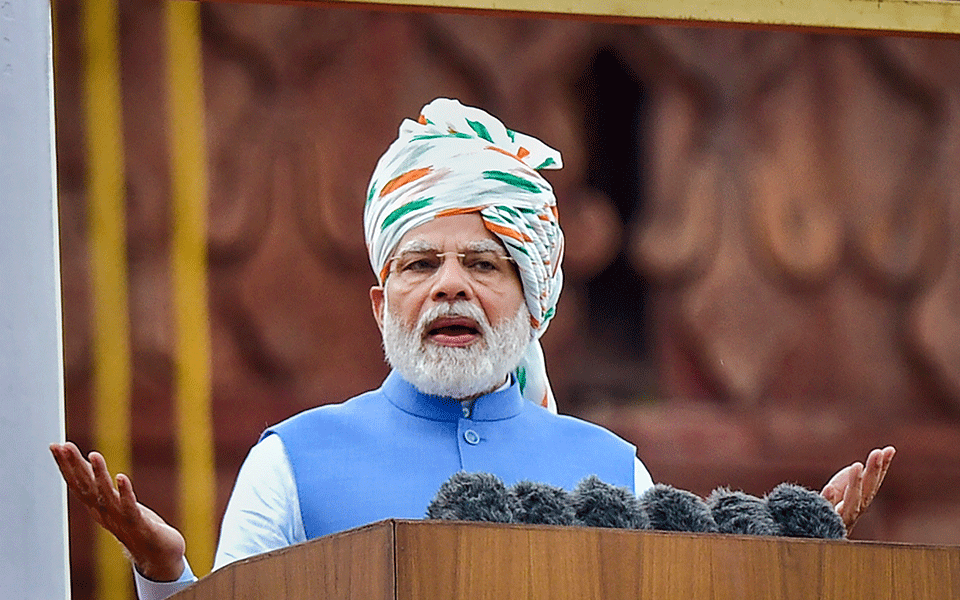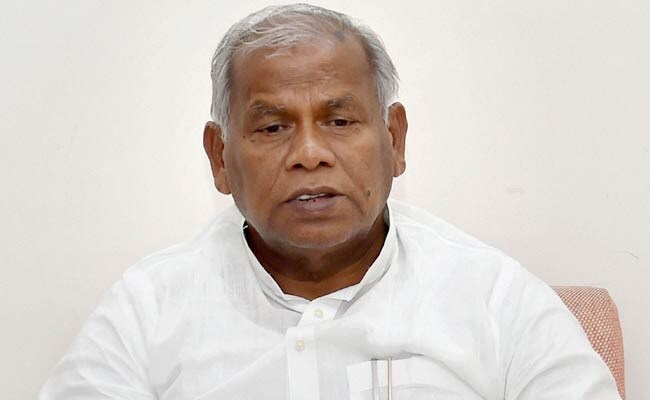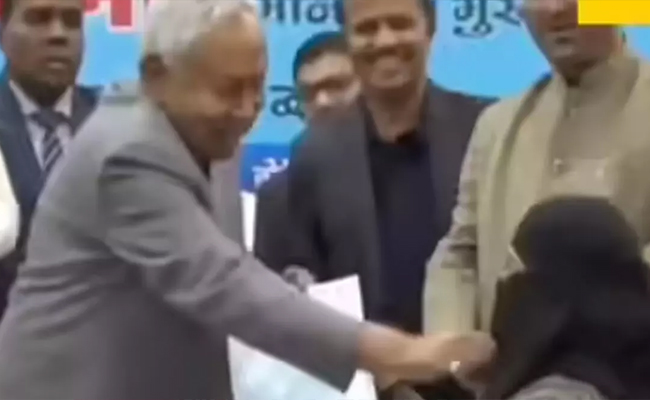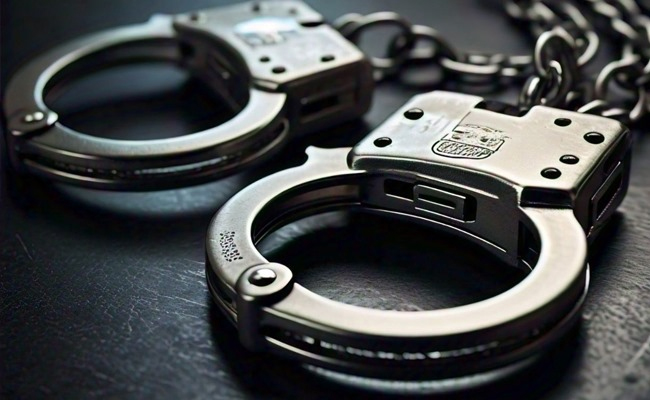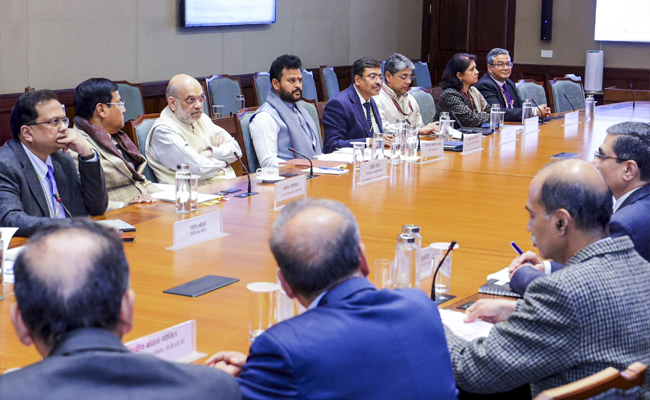Bengaluru (PTI): Pitching Karnataka as a key investment destination, Prime Minister Narendra Modi on Wednesday praised its culture, language and people, and said the power of "double engine" government is one of the reasons for its fast-paced growth in several sectors.
The PM's stress on "double engine" government (same party in the government at both State and Centre), while delivering inaugural address at the three-day Global Investors' Meet, 'Invest Karnataka 2022', via video conferencing, gains significance, as the State goes to polls in about five months.
"Karnataka has the power of double engine, with the same party (BJP) in the government at both State and Centre. That is one of the reasons why the State is growing at a fast pace in several areas and is holding top ranking in ease of doing business and FDI inflow," Modi said.
The state also has about 400 'fortune 500 companies', and more than 40 of the 100 plus unicorns in the country, he noted. "Karnataka is today known as one among the world's largest technology clusters. From industry to IT, fin-tech to biotech, startup to sustainable energy, new records of progress are being written here."
Karnataka is not only challenging other states in India, but a few countries too, he said, adding that "whenever there is a talk about talent and technology, the name that first appears in the mind is: 'Brand Bengaluru'. It is established across the world."
'Invest Karnataka 2022' is said to be the first such large-scale investors meet in the country after COVID.
Welcoming investors to invest in the state, Modi said, "Karnataka is a place where there is both tradition and technology, there is a great amalgamation of nature and culture, and its identity is associated with both wonderful architecture and vibrant startups."
Karnataka is known for its most beautiful natural hotspots, he said. "the soft language Kannada, the rich culture here, and a sense of belongingness among Kannadigas towards all, has won the hearts of everyone."
Modi further said the organising of the Global Investors Meet is the best example for competitive and cooperative federalism.
Let the Truth be known. If you read VB and like VB, please be a VB Supporter and Help us deliver the Truth to one and all.
Patna (PTI): A row has erupted in Bihar over a video in which Union minister Jitan Ram Manjhi has purportedly spoken of having "helped" a candidate who was trailing by a narrow margin in an assembly poll.
The video, which seems to have been shot in Manjhi's Lok Sabha constituency of Gaya, has been shared by the opposition RJD-Congress combine, which was drubbed in the recently held elections, as "proof of vote chori" by the BJP-led NDA.
Manjhi, however, said the video was tampered with and shared on social media.
The former Bihar chief minister, who heads the Hindustani Awam Morcha, can be heard speaking of an incident involving Tikari assembly segment, which his party's candidate Anil Kumar had won in 2020 but lost to RJD in the assembly polls held last month.
ALSO READ: Doctor whose naqab was removed by Nitish Kumar will join duty in Bihar: Official
Speaking in the local dialect Magahi, the octogenarian can be heard saying, "the candidate was trailing by 2,700 votes in the 2020 assembly polls. He called me up, and I telephoned the official concerned. Finally, he was declared the winner".
PTI could not independently verify the authenticity of the video.
"This time, the candidate lost by 1,600 votes. But instead of contacting me, he chose to concede defeat. The then DM of Gaya, who is now posted in Tripura, telephoned me to enquire what went wrong this time. I could have done nothing when the candidate chose to return home without contacting me", Manjhi can be heard as saying in the video.
The RJD, which may have wrested Tikari but has suffered a crash in its tally to only 25 from 75 five years ago, shared the video on its official X handle, claiming it as "the truth of the artificial popularity of Prime Minister Narendra Modi".
The opposition party alleged that Modi, aided by the Election Commission, had made in the recent elections, "an unsuccessful attempt at political assassination of our young and revolutionary leader Tejashwi Yadav".
Bihar Congress spokesman Asit Nath Tiwari echoed the sentiments and alleged, "Union home minister was all fire and brimstone inside Parliament recently while reacting to allegations of vote theft. Now, the confession of his cabinet colleague suggest that what is taking place is not vote chori but vote dacoity".
However, Manjhi came out with an angry post on his X handle claiming "a video of mine has been tampered with and shared on social media by those who think they can defame a son of a Musahar (a Mahadalit community)"
"I want to tell all such people that Manjhi has now become a brand. He is not going to be scared of anyone", added the Union minister.
When Bihar minister and former state BJP president Dilip Jaiswal was asked about the controversy, he said, "I have seen the unedited video. Manjhi was speaking about counting of votes having been stalled for several hours in 2020, after his candidate was trailing in the penultimate round by a small margin. After counting of votes was over, the candidate was declared".

